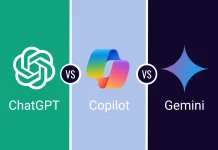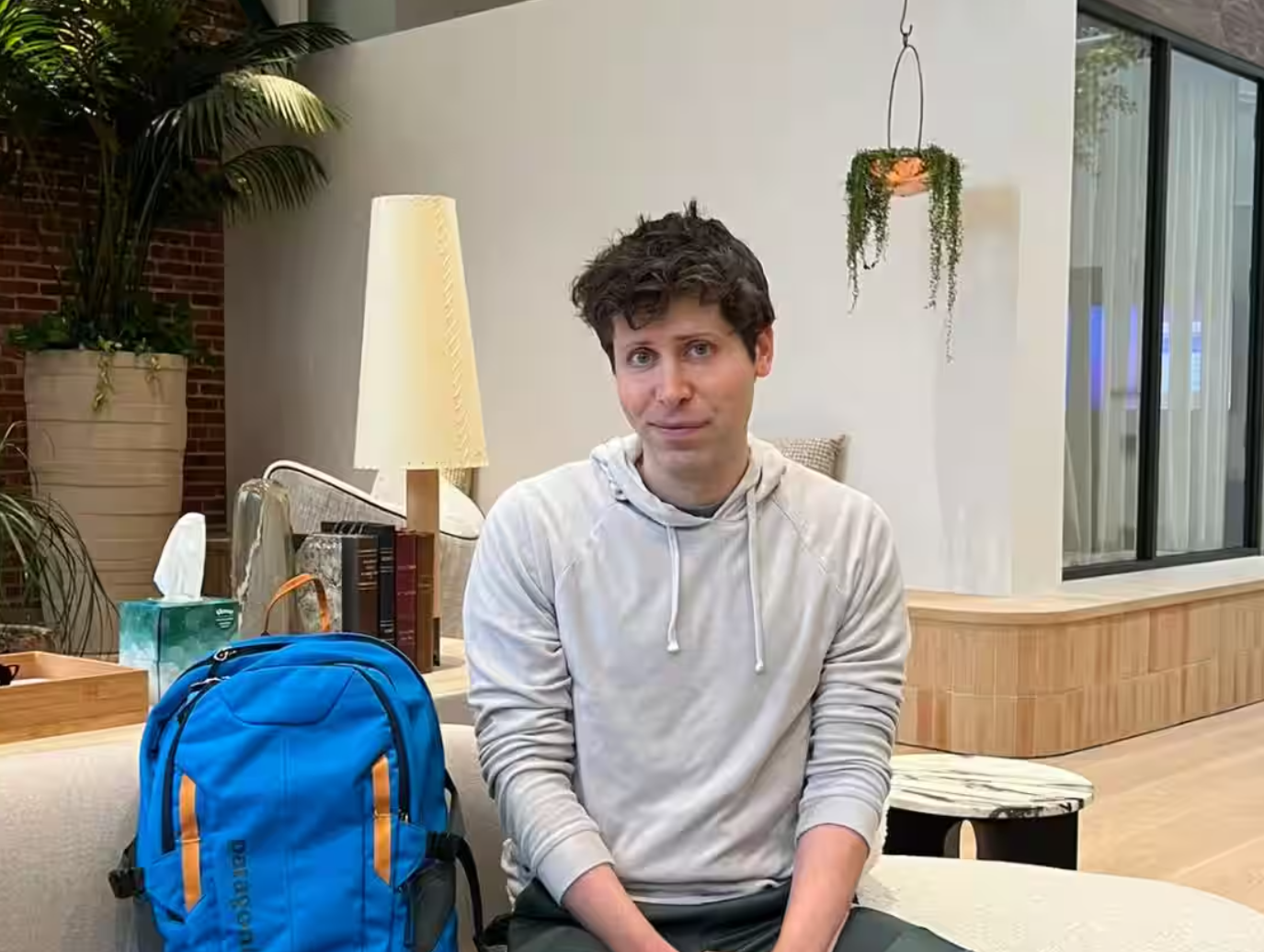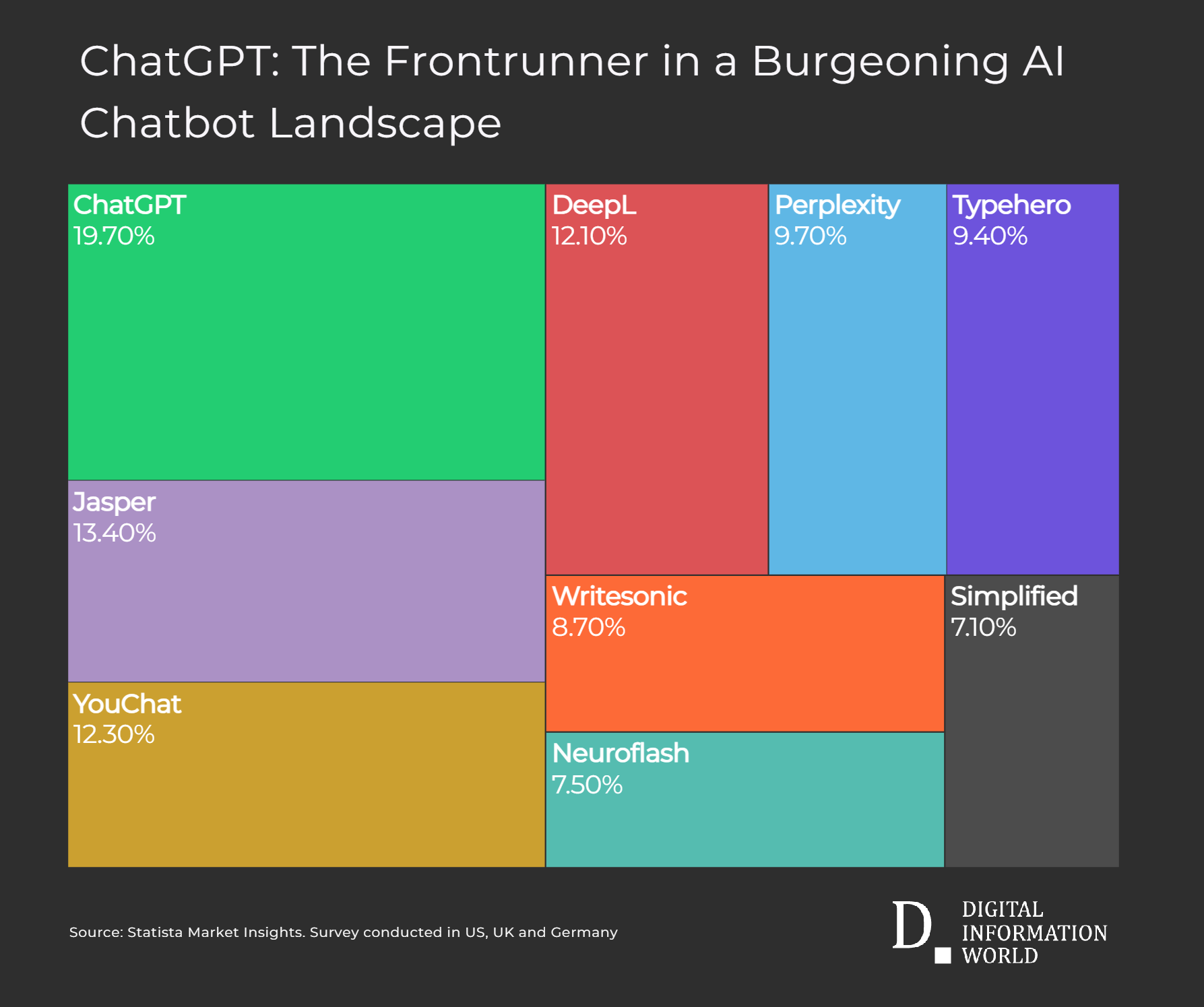There was no harm to the plaintiff.
OpenAI received the first lawsuit due to ChatGPT hallucinations.
Georgia radio host Mark Walters is suing OpenAI after ChatGPT accused him of cheating and embezzling a non-profit organization.

A curious detail is the fact that the relevant AI response to the request was a completely different person, and not Walters himself. The request was generated by journalist Fred Riehl, and it did not concern Walters at all. Reel was interested in the real US federal court case. He asked ChatGPT to summarize the case based on the official document. In response, the AI created a partially false statement, where, among other things, there were accusations against Walters.
First lawsuit due to ChatGPT hallucinations.
ChatGPT reported that Walters embezzled more than $5 million in gun rights funds from a non-profit organization. Fortunately, before continuing the work, the journalist decided to double-check all the information and made sure that there were no such cases against Walters. Reel himself did not make the story public and apparently told Walters about it. There are no details regarding this process in the case file.
It’s not yet clear how the litigation will end, but Eugene Volokh, a law professor who has written about the legal liability of AI systems, said he generally believes that such defamation suits against AI companies are legally sound in principle. However, in this particular case the situation is ambiguous. The bottom line is that Walters did not notify OpenAI of the false accusations without giving them the opportunity to remove them. Also, there was no real damage as a result of the ChatGPT hallucinations.




